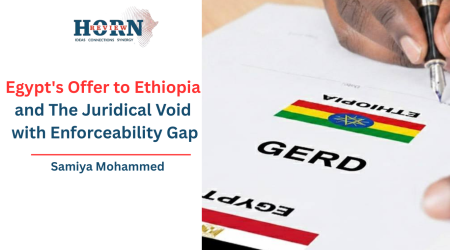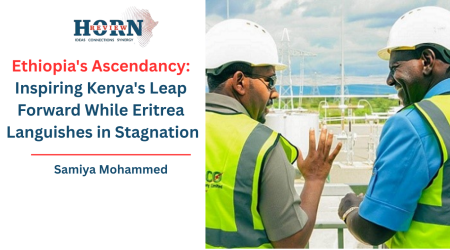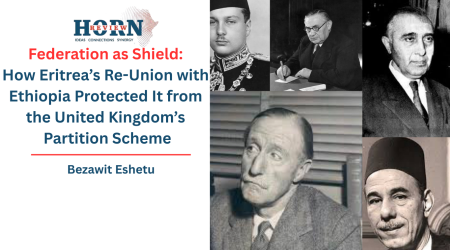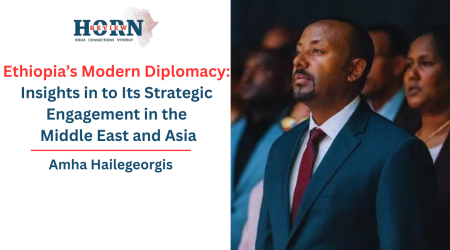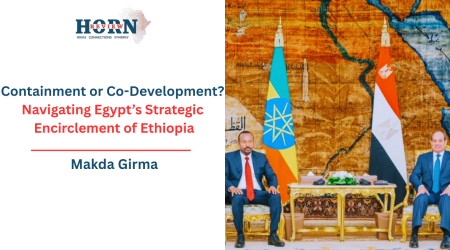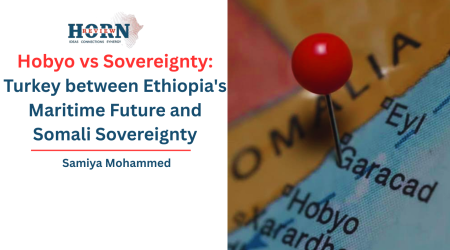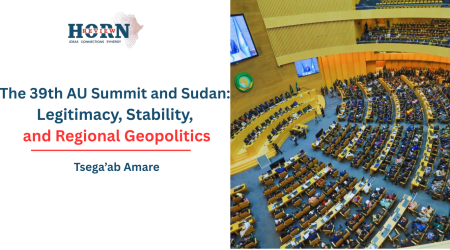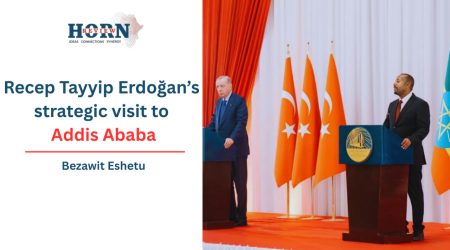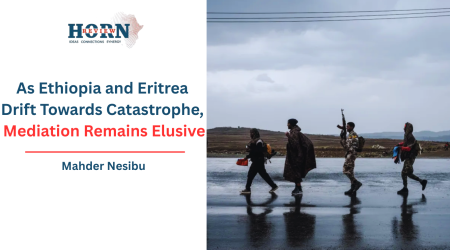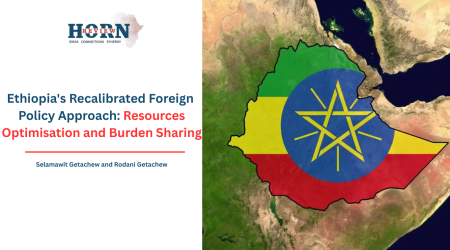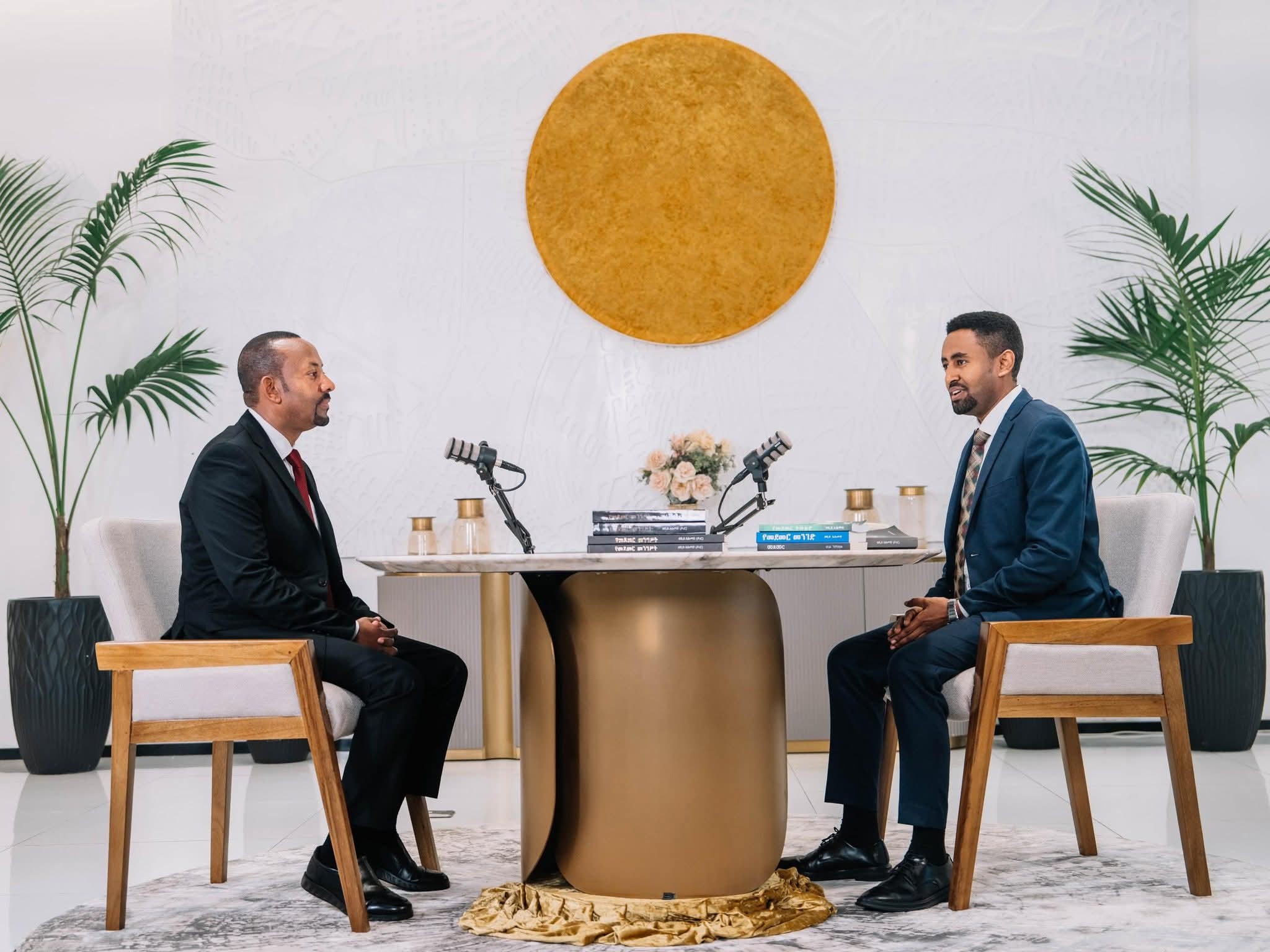
3
Sep
“Medemer”: A Critical Look in to Ethiopia’s Indigenous Political Philosophy
In a world that is ever more sketchy and unequal, Ethiopia’s Medemer philosophy is an indigenous and solid national master plan for harmony, peace, and transformative development. Medemer, Precisely is “coming together” or “synergy,” is not just a catchphrase. From feudal system to the imperial, from imperial to socialism then to economic liberalism Ethiopia has adopted different principles of governance from around the world.
Yet, medemer is the very first Ethiopian philosophy to be embraced by Ethiopians and now as the state philosophy as PM Abiy ahmed wrote in their 4th latest book of ‘Yemedemer State’. It is a strong system grounded in Ethiopia’s unique social fabric and history, vision for the future pegged on cooperation and common progress. In essence, Medemer emphasizes economic development and harmony of peace can be achieved through coming together despite political, ethnic, and cultural differences that have been Ethiopia’s long-standing concern for the last histories which also was so for not going too far like the west which have the same history like us in the early developmental stages.
There are several philosophies that can support and develop Medmer concepts such as Kant’s philosophy of development which summarily describes humans as social beings on whom development happens through a balance of individual desires and shared needs. He argues that human beings are sociable that although inherited some unsociability, and he is referring to that at the end of the day drives formation of social structure wherein liberty, equality and cooperation enable peaceful living and growth.
Communitarian philosophies also exist that place value for the community as central social unity and the significance of shared value and responsibility. This is a system of values that upholds unity and common good through collectivity and not strict individualism. This is much of what we know theory and from the philosophers there are also philosophies like in ubuntu african philosophy originated from nuguni bantu peoples, that stresses communalism interconnectedness.
This philosophy has been core to reconciliation and nation-building, for example, post-apartheid South Africa to social cohesion and restorative justice for communities to come together. Medemer philosophy is a blend of aspects of various political and social philosophies such as liberalism, socialism and conservatism blended together to bring to the fore national unity, cooperation, and synergy for the benefit of all Ethiopia. In addition, Medemer is conceptually analogous to Jacques Lacan’s psychoanalytic theory, specifically the idea of identity, unity, and synthesizing disparate and frequently conflicting things into a whole.
It attempts to transcend Ethiopia’s political as well as ethnic fragmentation by establishing a unified national identity within recognition of diversity as in the way Lacan analyzes dynamic interaction of forces in the construction of human identity.
The diversity of Ethiopia has been a long-standing strength but has also been a historical source of conflict and division. In the previous political structure some groups took over the dominant political and social space creating hierarchies and divines among the society. The federation system which attempted to grant right of equal recognition and rights of self rule to many peoples but in practice was very limited, maintaining unity were hard schisms that run through the politics and the social fabric.
Medemer reverses this legacy by putting a top value on balance and inclusiveness. It inherently captures the diversity of Ethiopia’s multifaceted identities yet calls upon all Ethiopians to comply with a shared fate based on justice, accountability, and moral leadership. The ideology further stipulates that the erstwhile regimes mentioned the peripheral zone like the afar, Somalia. and benishangul.
The philosophy stipulates a moral order where freedom and responsibility are blended in a harmonious relationship that underlies not just social reconciliation but sustainable development founded upon solidarity. Abiy Ahmed’s prime ministership has been pivotal in propelling Medemer from the realm of a philosophical idea to that of an implementable policy of governance and development.
Abiy Ahmed’s contribution lies in the fact that, for the first time, he can merge ancient Ethiopian values of cooperation and community into the context of a modern state, ushering a new system of governance and economic transformation. The way he introduces ideas such as “acceleration”, “big jump” and “critical path” make the country develop like the western countries and, at the same time, strong enough to match them in economic development.
This is observed where the country has become a hub for the world summits that first took place the food summit ,demanding top priority with Ethiopia to undertake bold, integrated national initiatives that drive development rather than relying on incremental, slow transformation. With PM Abiy at the helm, Medemer is evolving into a comprehensive national framework that includes social democratic principles and local wisdom. It emphasizes the transparent institutions, rule of law, participatory polity, and an economy where the private as well as public sectors have complementary roles to achieve maximum impact.
Medemer, in its turn, strives to unite Ethiopia internally, as well as render the country a model of alternative modernity where development is balanced and power actually lies in the hands of the people, and can be handed from ethiopians to ethiopians and not from group to group of people. While Medemer promotes “coming together,” others fault that they do not provide clear steps or tangible specifics as to how such unification is to be made possible.
Some scholars criticize this philosophy as vague since it allows room for different interpretations, and this water down the entire intention and render it impractical to implement on different groups collectively. The political and ethnic complexities of Ethiopia are also difficult to implement due to their intricateness. Additionally, others view Medemer as unrealistic against the predominantly polarized nature of Ethiopia’s political environment.
Despite the cooperative and optimistic philosophy, there is no strong system for resolving dissent and power struggles. This vulnerability makes one question whether Medemer can adequately ward off conflicts or political disagreements in a situation as polarized as this one.
Finally, Medemer’s strong association with Prime Minister Abiy Ahmed and his administration invites the criticism of being government-imposed, top-down effort. This has the potential to capture the voice of the masses and exclude ordinary people from participation. Some think that philosophy is being imposed top-down instead of being a movement that developed naturally due to people. This has the potential to result in public ownership failure and incredulity. Nevertheless, complete realization of the dream of Medemer is dependent on collective effort in society.
Government institutional reforms that had been premised on strategic planning in a bid to close the historical development gaps. It should strengthen its people-serving public government partnerships in undertaking projects such as building corridors. Institutional reforms play an important role in the process of consolidating one government and combating corruption and ensuring justice so that the social contract is honored by everyone. should also choose and prioritize strategic projects carefully that serve to be drivers of national transformation, making best use of resources for maximum impact. Also of equal importance is sustaining inclusive political dialogue that provides space for all manner of voices. Economic policies must balance cooperation with healthy competition, promoting innovation while alleviating inequality.
Finally, homegrown and foreign cooperation sustainable resource mobilization according to Medemer’s vision will be responsible for funding an ambitious transformational agenda. Medemer does not give Ethiopia and the Horn of Africa hope, it offers a viable, culture-based approach to breaking cycles of underdevelopment and conflict.
It challenges Ethiopians to create a future where development is shared and unity is the foundation. Medemer’s future lies in no one but in the collective will of the people of Ethiopia and public support to translate its values into daily life in governance, social relationships, and economic activity. If realised and embraced to its full potential in the addition to the country foreign policy focused on the horn first, principle of peaceful coexistence of the country with neighboring countries would turn Ethiopia into a beacon of oneness, peace, and prosperity for the Horn Africa.
By Rebecca Mulugeta, Researcher, Horn Review
Source
- Office of Prime Minister, (2025). ‘Prime Minister Abiy Ahme’s Interview about his fourth latest book on medemer thought, titled ‘The Medemer state.’

